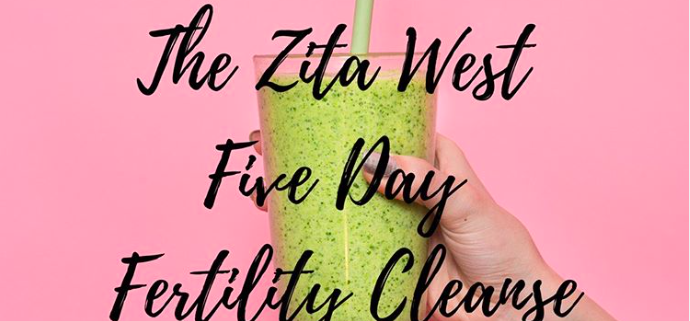Does Vitamin D affect my fertility?
This article from Dr Gillian Lockwood, Medical Director, CARE Fertility Tamworth, gives a great insight into the importance of Vitamin D for your fertility, and especially if the time of year makes a difference to your IVF cycle success.
Can the time of your IVF treatment influence the outcome – what can we do to boost rates all year round
Dr Gillian Lockwood, Medical Director, CARE Fertility Tamworth
Lambs, foals and fawns are born in the Spring because resources are better for their survival. But what about human babies? In fact there is quite marked birth seasonality in humans with peaks occurring earlier in the year the further north you get from the equator. Finland’s birth peak is in late April while Jamaica’s is in November. Research shows that the seasonality of births correlates with changes in local temperature and day length.
So what has this to do with IVF treatment? I remember telling an Australian colleague that our pregnancy rates always seemed to be a little better during the summer holidays and he replied that their best rates were at Christmas time! So can the time you have your IVF treatment really influence the outcome and, if so, what can we do to boost rates all year round?
What affects fertilisation rates, implantation rates and pregnancy rates?
Several studies have found that fertilisation rates, implantation rates and pregnancy rates seemed to be associated with increased numbers of sunlight hours and one Belgian study that looked at nearly 10,000 treatment cycles found that the weather the month before an IVF cycle seemed to affect the outcome, with more sun and less rain being associated with more pregnancies! Some studies didn’t find a correlation between seasons and IVF outcomes, but they were done in countries like Israel that have lots of sunshine all year round.
The link between sunshine and successful pregnancies may lie with Vitamin D.
How does Vitamin D affect fertility?
Your body needs Vitamin D to help absorb calcium which is critical for forming your bones and keeping them strong and healthy. The two main kinds of vitamin D – D2 and D3 are found in foods like salmon, tuna and egg yolks and they are added to ‘fortify ‘ foods like milk and cereal. When exposed to sunlight, your skin can manufacture its own Vitamin D. After it’s absorbed through the skin or acquired from food or supplements, it gets stored in the body’s fat cells. All types and sources of Vitamin D are equally good and since skin cancer (malignant melanoma associated with excess UVB exposure and sunburn) can be so devastating, it is safer to wear sunblock, cover up in strong sunlight and take a Vitamin D supplement.
Do levels of Vitamin D in my body affect my fertility?
Depending on diet (strict Vegans will definitely need vitamin supplements), skin colour (darker skins cannot manufacture Vitamin D so effectively in Northern latitudes), and health status (malabsorption syndromes or post gastric –band surgery interferes with absorption), up to 40% of the female population may be deficient in Vitamin D. Because Vitamin D deficiency has been proven to affect fertility in other mammals, several research groups have investigated IVF outcome in women with different Vitamin D concentrations in their blood.
Is the chance of pregnancy affected by Vitamin D?
One study found a progressive decline in pregnancy rates with declining Vitamin D status in Caucasian but not Asian patients, and a study of 99 recipients of donor eggs of different ethnicities showed a significant decline in clinical pregnancy rate with declining Vitamin D levels. A well-designed Italian prospective study carried out in 2014 that included nearly 500 women undergoing IVF found that the chance of a clinical pregnancy for women with adequate Vitamin D levels was double that of women with low levels. Vitamin D supplementation is a simple and cheap intervention and at correct doses is free of side effects. Also there is growing evidence that Vitamin D supplementation may improve birth outcome and reduce obstetric complications such as pre-eclampsia and gestational diabetes.
The take-home message is start taking Vitamin D along with Folic acid BEFORE you start trying for a baby and embarking on your fertility treatment. Go too www.zitawest.com/shop for our range of fertility supplements.
Original article posted at: www.carefertility.com/blog/in-the-bleak-midwinter-let-the-sun-shine-on-your-fertility-treatment/






